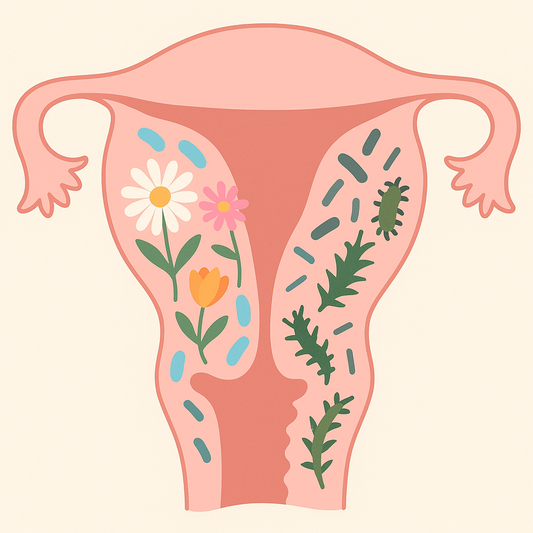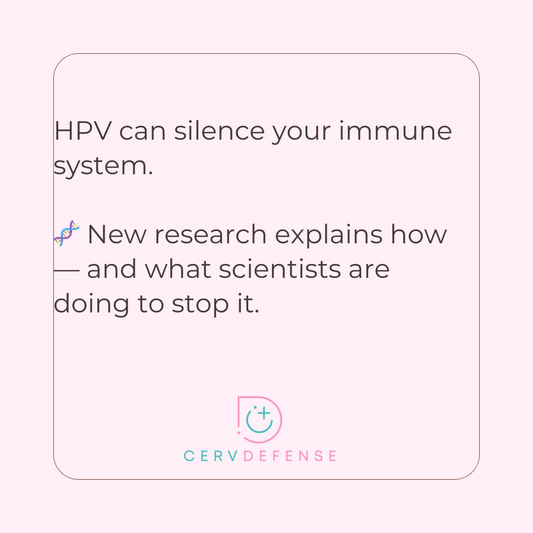
The Overlooked Risks of LEEP: What Women Aren’t Being Told About Sexual Side Effects
Share
Every year, tens of thousands of women undergo a procedure called LEEP (Loop Electrosurgical Excision Procedure) to remove abnormal cervical cells. It’s a common treatment for high-grade cervical dysplasia — often presented as routine, low-risk, and effective.
But there’s a serious gap in what patients are told before the procedure.
A recent Metro UK article brings this issue to light through the story of one woman who lost all sexual sensation after her LEEP. Despite the prevalence of this procedure — over 50,000 women undergo it annually in the UK alone — many are never warned that it could affect sexual pleasure, arousal, or orgasm.
What is LEEP — and why is it used?
LEEP uses a thin wire loop heated with an electrical current to remove abnormal tissue from the cervix. It’s typically recommended when cervical cell changes (such as CIN2 or CIN3) are considered high risk for progression to cancer.
What you may not hear about LEEP
While the medical community often emphasizes the benefits — like preventing cervical cancer — the potential downsides are rarely explained in full. These can include:
-Loss of cervical sensation
-Cervical stenosis (where the cervix narrows or closes)
-Changes in sexual function, including diminished pleasure or orgasm
-Emotional trauma or fear around future gynecological procedures
The cervix is not just a biological gateway — it plays a role in sexual arousal for many people. Disrupting its nerve pathways or structure can have long-lasting effects on pleasure and intimacy.
Why aren’t women told?
Unfortunately, sexual health is too often excluded from the conversation around reproductive health — especially when weighed against cancer risk. Many patients are made to feel irrational or irresponsible for even asking about alternatives.
But the truth is: You deserve to know all the risks — including the ones that affect your quality of life and your ability to feel pleasure in your body.
What to ask your provider before LEEP
If you’ve been told you need a LEEP, here are some questions to bring to your next appointment:
-What are the specific risks for sexual side effects?
-Can you explain how much tissue will be removed?
-Are there alternative options for someone like me?
-How will this procedure affect future pregnancies or menstruation?
-What kind of follow-up care and surveillance will I need?
Supportive options for cervical health
Not everyone with abnormal cells needs an immediate surgical response. In some cases — especially with low-grade lesions or HPV persistence — it’s worth exploring supportive, immune-strengthening approaches first.
That’s exactly why CervDefense was created — to help support the body’s natural ability to improve and maintain cervical immune health.
While no supplement is a substitute for professional medical care, there is power in supporting your body from every angle: nutritionally, emotionally, and energetically.



